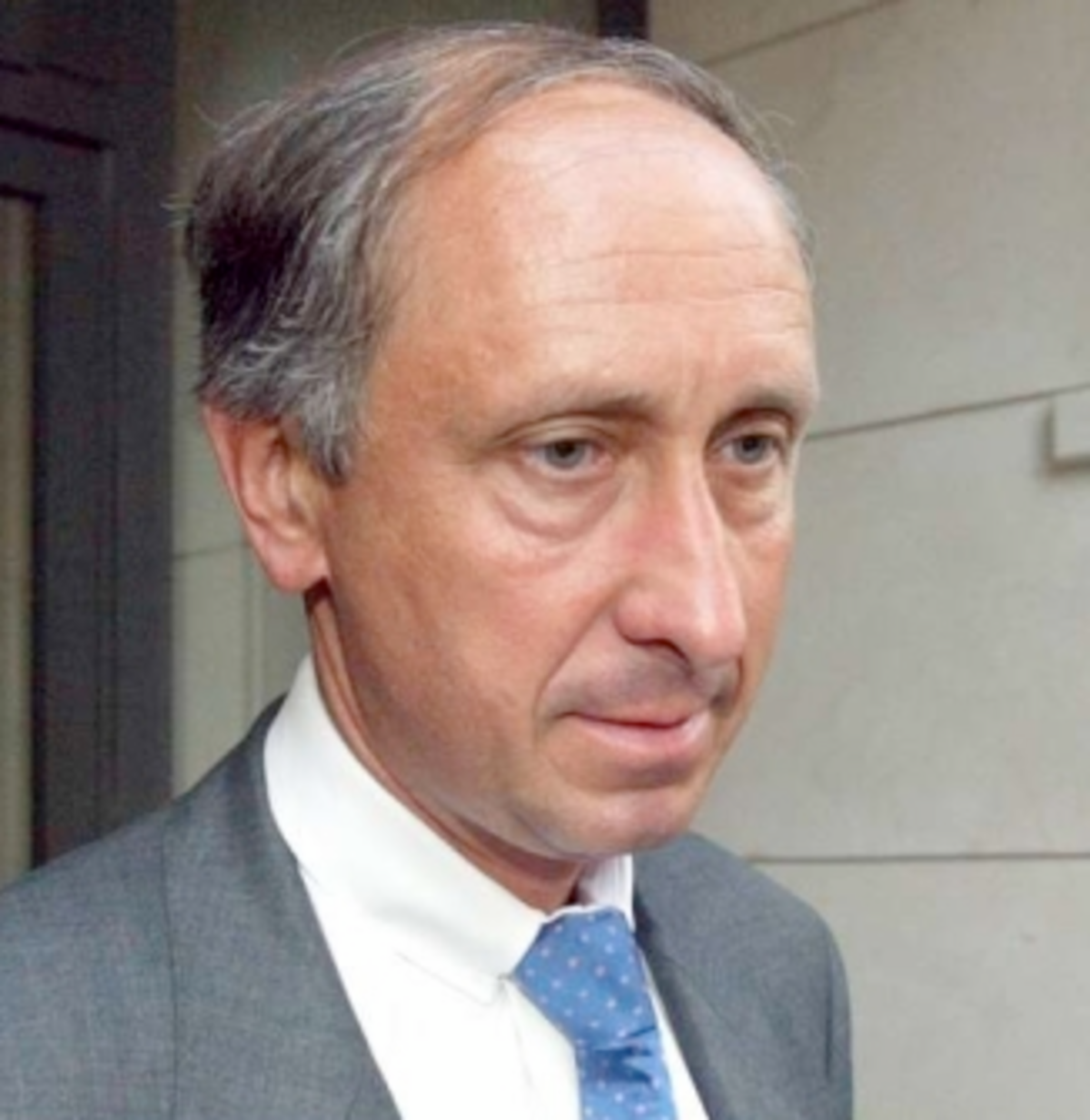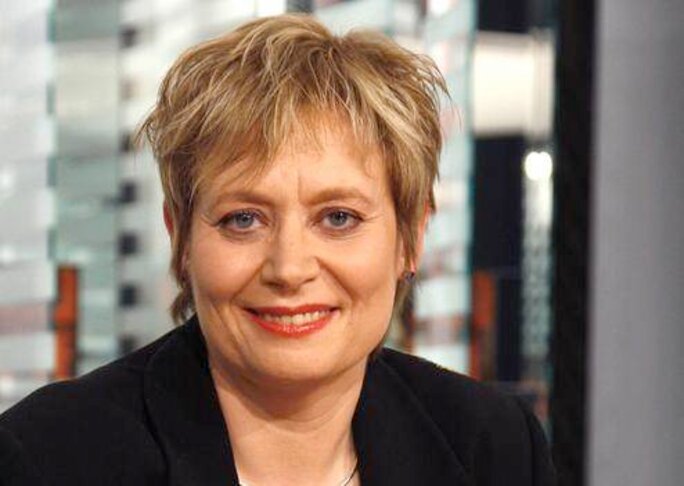A senior French public prosecutor who spied on journalists' phone calls and SMS records in order to identify their sources while they were reporting on the L'Oréal-Bettencourt affair has been found by France's highest court to have acted illegally.
Nanterre public prosecutor Philippe Courroye ordered police to obtain the personal and professional phone records of Le Monde journalists Gérard Davet, Jacques Follorou and Raphaëlle Bacqué following the publication of an exclusive article in the French daily last year about a police search of the home of L'Oréal heiress and majority shareholder Liliane Bettencourt.
The ruling on Tuesday by magistrates of France's highest court of justice, the Paris appeals court (Cour de Cassation), opens the possibility that Courroye could now be formally placed under investigation - one step short of charges being brought - for "collecting information of a personal nature by use of fraudulent, foul or illicit means".

It represents not only a severe blow for Courroye, who is widely regarded as an ally of President Nicolas Sarkozy, and who had been previously tipped for promotion to the post of chief public prosecutor with the Court of Versailles, but was also a vindication of complaints by media organizations and magistrates' unions of interference by political powers in the course of justice in the Bettencourt affair. It follows the earlier revelation that France's intelligence services, the DCRI, were tasked with spying on Gérard Davet, head of Le Monde's investigative features department and one the three journalists targeted by Courroye.
Bettencourt, 89, Europe's richest woman with a personal fortune estimated to total 16 billion euros, was last year at the centre of a series of revelations, led by Mediapart, that exposed the dissimulation in secret foreign bank accounts of part of her fortune and the shady and intimate links between French politicians and the world of business and finance, including suspected illegal political party funding and grave ministerial conflicts of interest.
Evidence of this was provided in secret tape recordings, published by Mediapart, of conversations between the billionaire and her wealth manager, Patrice de Maistre. (A list of links to a selection of Mediapart articles about the scandal can be found at the end of this report).
Those revelations were triggered by a dispute between Liliane and her daughter, and only child, Françoise Bettencourt-Meyers, 58, who took legal action against a Parisian socialite, celebrity photographer and one-time author, François-Marie Banier, for "abusing" Liliane's mental frailty after it emerged that her mother had handed him, over a period of ten years, at least one billion euros in gifts including cash, artworks and insurance policies (see more here).
Among the secret conversations recorded between 2009 and 2010 and published by Mediapart in June 2010, was a clear reference to Courroye in which Maistre inferred that the prosecutor was acting, in agreement with the French presidential office, to shelve the suit filed by Liliane Bettencourt's daughter Françoise, and which threatened to expose highly embarrassing details about the activities and political relationships of the L'Oréal matriarch and her entourage.
The September 2010 search of Bettencourt's home, revealed by Le Monde, was ordered by Nanterre Judge Isabelle Prévost-Desprez as part of her investigations into suspected illegal party funding following media reports that members of Bettencourt's staff said they had witnessed large cash handouts to politicians. This notably included a detailed account by Bettencourt's accountant, Claire Thibout who told Mediapart that she had been asked in early 2007 to prepare 150,000 euros in cash for Eric Woerth, then Nicolas Sarkozy's presidential election campaign fund manager. Woerth later became Sarkozy's budget minister, and subsequently labour minister.
Courroye's probing 'served no public interest'
Prévost-Desprez led her investigation in direct and very public conflict with Courroye, who was also in charge of a separate preliminary investigation into aspects of the Bettencourt affair.
Following Le Monde's exclusive report about the raid on the home of Bettencourt, her lawyer, Georges Kiejman, filed a suit for "violation of professional secrecy", prompting Courroye's demand for the phone records of the newspaper's journalists, and which were supplied to police by telecommunications company Orange. At the heart of the move was the suspicion that they had been informed of the police raid by Prévost-Desprez. If proven, she would have been in breach of her professional code of secrecy.

Courroye ordered the French police internal investigation services, the Inspection générale des services, IGS, to conduct the probing of the journalists' phone calls. One of the IGS officers, Patrick Nieto, has given a statement in which he said he and his colleagues were told by Courroye and his deputy, Marie-Christine Daubigney, to "push on with our investigations" after each report of the phone communications was sent to them.
The high-profile dispute between Courroye, who is hierarchically answerable to the justice minister, and Prévost-Desprez, an independent magistrate, became a huge embarrassment for France's justice authorities. It led to the unusual decision in November 2010 to move all the investigations into the various suspected crimes revealed by the Bettencourt affair to magistrates based in Bordeaux.
It was the Bordeaux magistrates who found that Courroye's investigation into the sources of Le Monde's journalists was illegal, and in May their opinion was confirmed in a ruling by a Bordeaux court. But that decision was contested by Bettencourt's lawyers, who took the case to the Paris court of appeal which on Tuesday confirmed the Bordeaux' court's original ruling.
Like the Bordeaux magistrates, it found that Courroye's "breach of secrecy of journalists' sources was not justified by a preponderant requirement of public interest". The Paris appeals court ruling was regarded as a landmark reaffirmation of the right of French journalists to protect their sources, something that was theoretically already guaranteed by a law introduced in January 2010. It also reaffirms article 10 of the European Convention of Human Rights that protects the freedom of information.
The various incidents of illegal surveillance of the phone records of Le Monde's journalists, including the intelligence services, is currently the object of an investigation by Paris-based magistrate Sylvie Zimmermann, opened after a legal suit of was filed by both the journalists and the newspaper. It is speculated that she could now place Courroye under formal investigation for "collecting information of a personal nature by use of fraudulent, foul or illicit means".
Christophe Régnard, president of the largest magistrate's union, the Union syndicale des magistrats, USM, told Mediapart that the Paris appeals court ruling was "no surprise to anybody". The USM has defended Prévost-Desprez against what it considered to be a move by Courroye motivated by the sole aim of having her removed from the Bettencourt investigations. "It was on the basis of irregular procedure that the Bettencourt case, led by Isabelle Prévost-Desprez, was moved to Bordeaux," he said. "By ricochet, our colleague [Prévost-Desprez] is today removed from suspicion."
"We demand more than ever that an [internal justice authority] inspection be carried out at the Nanterre law courts, where an unhealthy situation of latent conflict has become crystallised," he added.
-------------------------
For more on the Bettencourt affair, click on the links below:
Exclusive: L'Oréal heiress Liliane Bettencourt's secret tax-dodging accounts and mystery payments
L'Oréal heiress ordered to pay 77.7 million euros after tax scam probe
Behind the bettencourt affair: the battle for L'Oréal
A scandal too far: Bettencourt magistrate is disowned
Dinners, cash and Sarkozy: what Bettencourt's accountant told Mediapart
Bettencourt butler bites back: 'I saw L'Oréal family destroyed'
Bettencourt battle back after L'Oréal heiress signs away 143 million euros
The political guard watching over L'Oréal
The eerie plot penned by L'Oréal family scandal dandy in 1971
Bettencourt chauffeur adds to Sarkozy campaign fund allegations
Bettencourt tapes stolen in mystery break-ins targetting Mediapart, Le Point and Le Monde
-------------------------
English version: Graham Tearse


